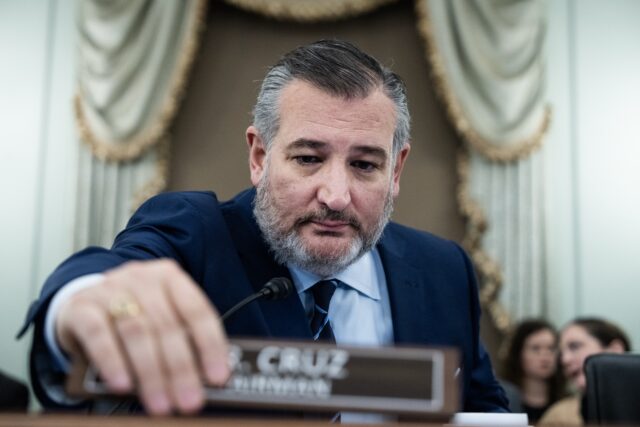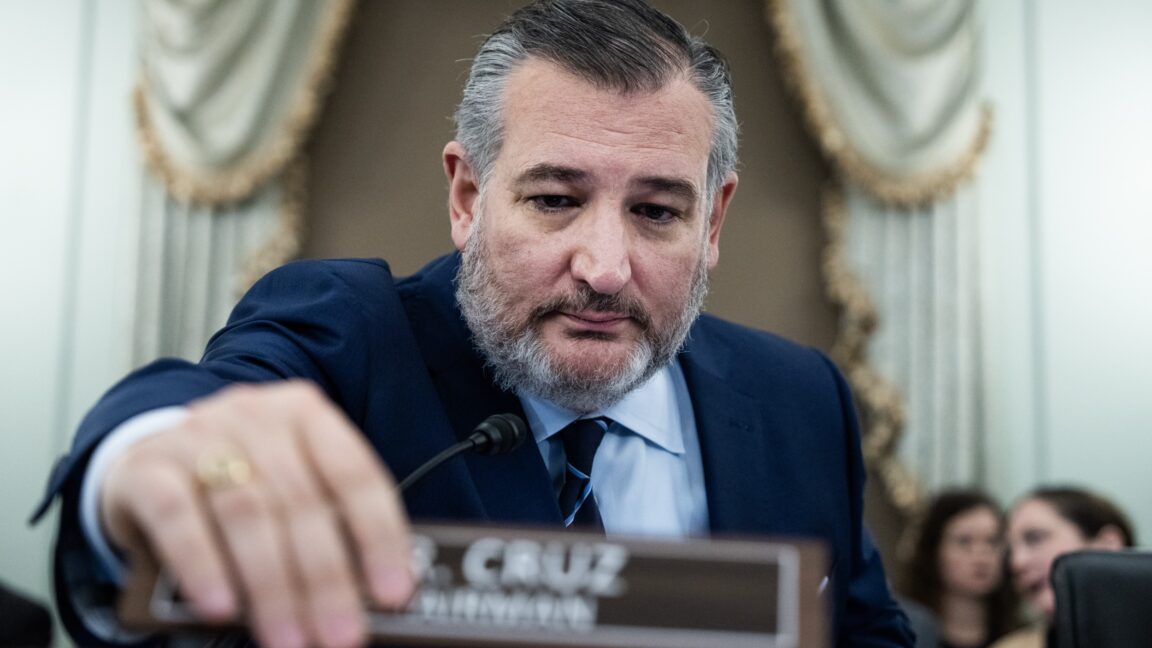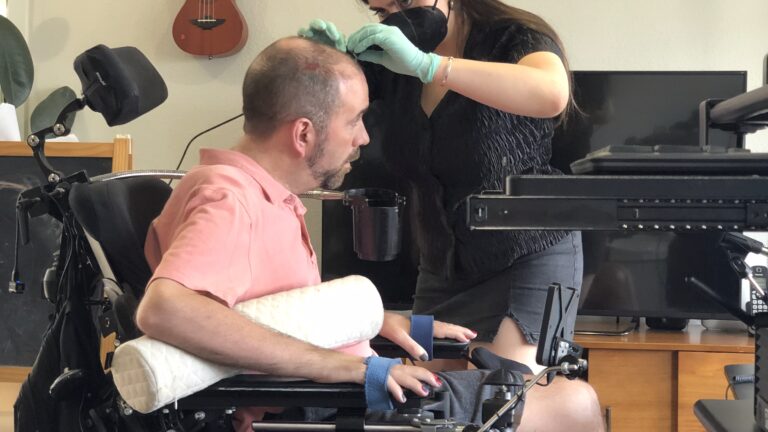When he realized that Senate Republicans were characterizing his federally funded research project as one of many they considered ideological and of questionable scientific value, Darren Lipomi, chair of the chemical engineering department at the University of Rochester, was incensed. The work, he complained on social media, was aimed at helping “throat cancer patients recover from radiation therapy faster.” And yet, he noted on Bluesky, LinkedIn, and X, his project was among nearly 3,500 National Science Foundation grants recently described by the likes of Ted Cruz, the Texas Republican and chair of the powerful Senate Committee on Commerce, Science, and Transportation, as “woke DEI” research. These projects, Cruz argued, were driven by “Neo-Marxist class warfare propaganda,” and “far-left ideologies.”
“Needless to say,” Lipomi wrote of his research, “this project is not espousing class warfare.”
The list of grants was compiled by a group of Senate Republicans last fall and released to the public earlier this month, and while the NSF does not appear to have taken any action in response to the complaints, the list’s existence is adding to an atmosphere of confusion and worry among researchers in the early days of President Donald J. Trump’s second administration. Lipomi, for his part, described the situation as absurd. Others described it as chilling.
“Am I going to be somehow identified as an immigrant that's exploiting federal funding streams and so I would just get deported? I have no idea,” said cell biologist Shumpei Maruyama, an early-career scientist and Japanese immigrant with permanent residency in the US, upon seeing his research on the government watch list. “That’s a fear.”
Just being on that list, he added, “is scary.”
The NSF, an independent government agency, accounts for around one-quarter of federal funding for science and engineering research at American colleges and universities. The 3,483 flagged projects total more than $2 billion and represent more than 10 percent of all NSF grants awarded between January 2021 and April 2024. The list encompasses research in all 50 states, including 257 grants totaling more than $150 million to institutions in Cruz’s home state of Texas.


 Loading comments...
Loading comments...
